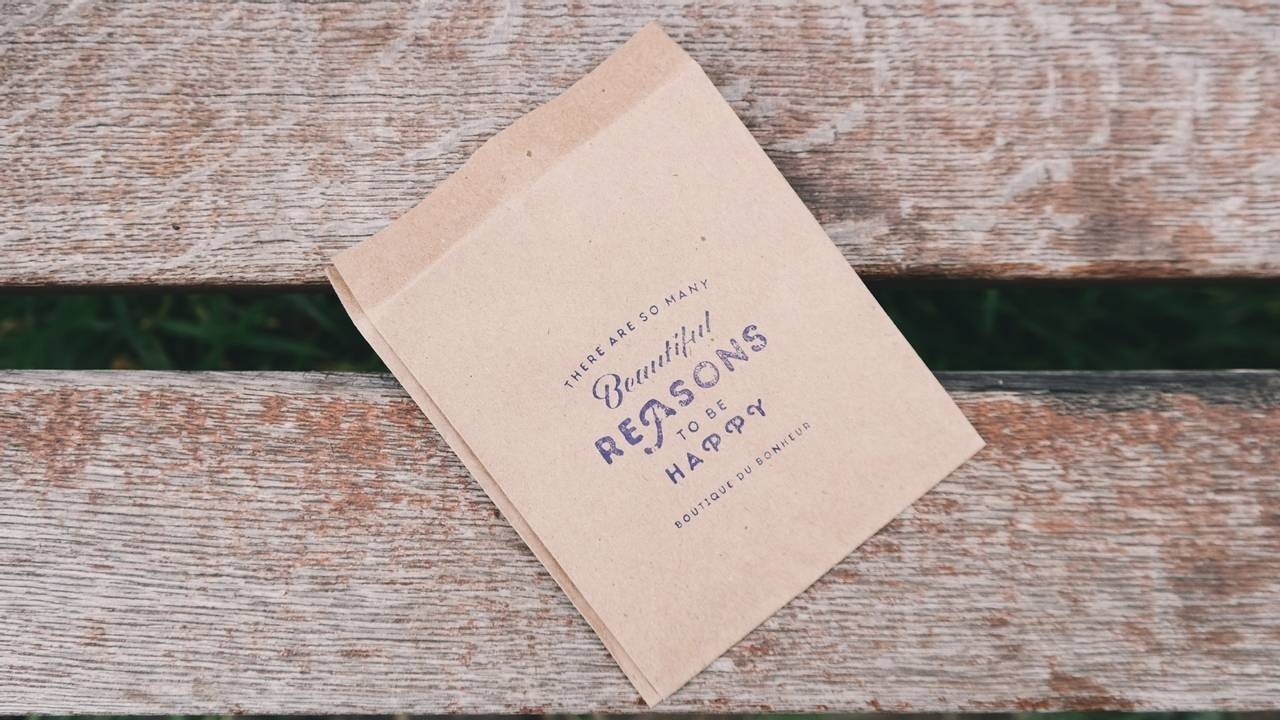
It is very natural to have feelings of uncertainty during this unprecedented time.
We are not good at coping with higher degrees of uncertainty at the best of times, but having no control over what the outcome might be with the current crisis can certainly impact our well-being.
So we are going to look at five ways you can boost your wellbeing:
1. Finding your new normal
What was previously “normal” such as taking the children to school, rushing to work, feeling stressed and tired, not having the time to cook and ultimately not having enough time to complete an endless list of chores has all changed over night.
So what is your new “normal”? You may be furloughed, no school runs, no work deadlines, you may be working harder than normal just trying to stay afloat. Your new role might be home school teacher whilst trying to work from home.
I think now it is of the utmost importance to recognise:
- What is your new normal?
- Are you happy with it?
- If not, why?
- What can you do to feel happier?
- What things do you have control over?
After all, this is your new normal. For the first time in years, you now may have the time and choices to structure your day. There are countless social media posts on how people are spending their free time; learning new hobbies, DIY, starting a health kick etc. Some days we can find this inspiring and other days it can make us feel like a failure. For those who are busier than ever, other emotions come into play.
2. Isolation doesn't have to mean feeling isolated
Relationships and socialising are an integral part of our makeup. We can still connect digitally with friends and family via Skype, Facebook, Zoom or WhatsApp. You can even pick up a telephone! You can create a virtual book club or cinema night with family and friends or join a virtual pub quiz.
If you are really struggling, there are lots of support groups that can help. Mind and Age UK are still open to offer advice at this time. Your GP will be there to listen and there are a number of amazing community groups that are offering advice, contact and assistance.
- Heart palpitations
- Dizzines
- Sweating
- Nausea
- Feeling faint
- Chest pains
- Rapid breathing
- Chills
- Hot flashes
3. Being active
We all know that being active is positive for our physical well-being, but it is equally essential for our mental well-being too. Some of us are used to going to the gym or attending an exercise class. We can still do this from the comfort of our homes – there are many virtual free classes via Facebook, Zoom or You Tube. If possible, take a daily walk out in nature, be mindful during this time to listen to the bird song or smell the blossom and see the beautiful spring flowers coming out.
4. Gratitude
Find something each day to be grateful for. This can be simple things such as having a mindful walk and connecting with nature or speaking to a loved one. We can embrace the free time to learn a new recipe, read a book, learn a new skill or sort out clutter. Reconnect with our neighbours while social distancing, give them a wave, see if they need anything or simply offer a smile. We can have gratitude for accomplishing something that we have never before had the time to do.
5. Breathing
We breathe 22,000 times a day. How many are you aware of?
Our breathing is so ordinary, so mundane, that it can easily pass you by.
So many people with COVID – 19 are now very aware of every single breath they take.
For some of us breathing is just something we do. We tend not to pay attention to it on a daily basis, some hyperventilate and some people can have shallow breathing. Breathing correctly can make a huge difference to how you are feeling.
A fleeting stressful thought can cause the body to tense and you to begin to breathe a little more shallowly. A shallow breath lowers oxygen levels in the blood, which the brain senses as more stress. Your breathing becomes quicker, your heart begins to race, the brain feels more stressed.
What if you could fix this?
- Be aware of your breath
- Lie flat on the ground with a cushion under your head
- Place your hands on your stomach
- Feel them rise and fall as you breathe in and out
Deep breathing (sometimes called diaphragmatic breathing) is a practice that enables more air to flow into your body and can help calm your nerves, reducing stress and anxiety. It’s a simple technique that can really make a difference in how you are feeling.

